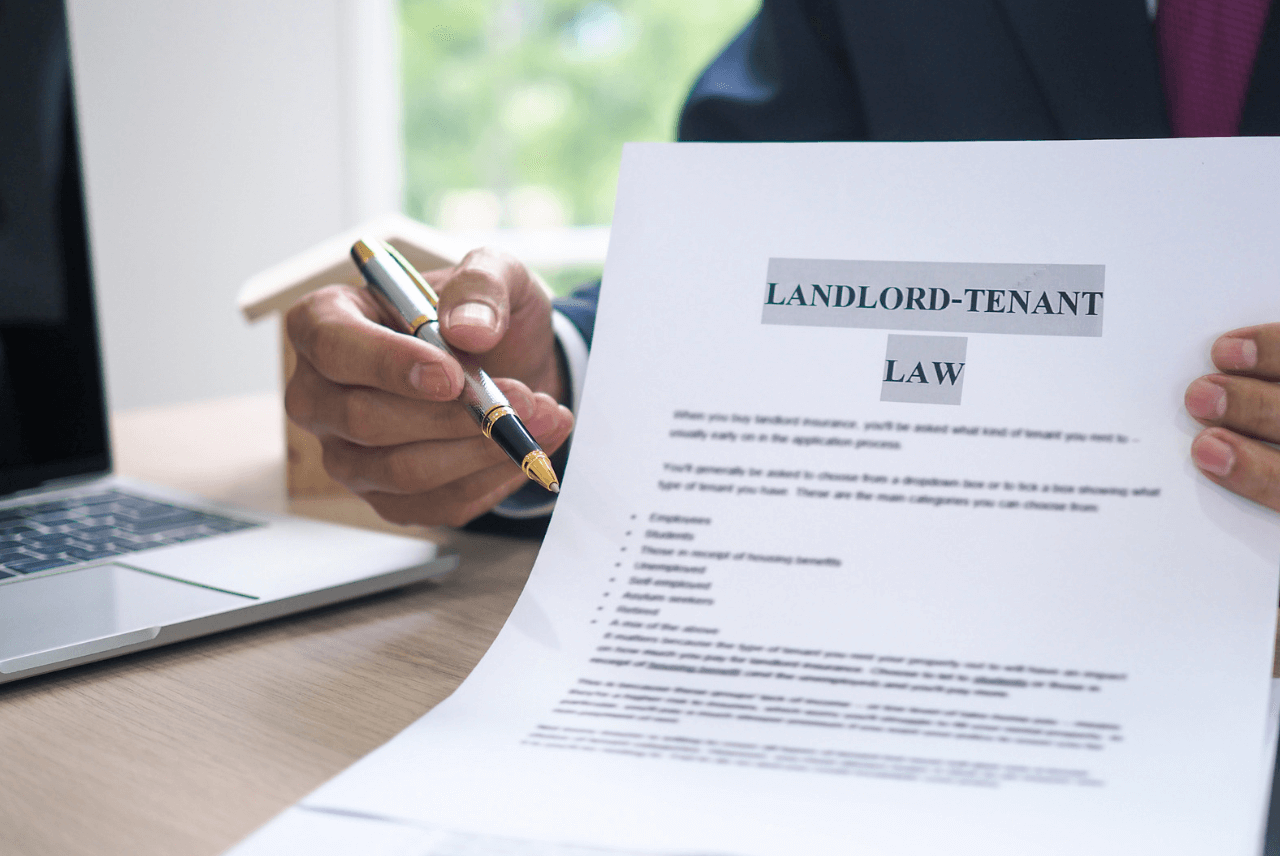 Blog
Blog
Ever had one of those tenants who just won't cooperate? You know the type — always late with the rent, consistently neglects the property, and causes constant headaches. As a landlord, an uncooperative tenant can make your life miserable and cost you time and money. But don't worry. Here's how you can deal with them.
In This Article:
Understanding why your tenant is uncooperative can help you address the situation effectively. Maybe they're going through something difficult in their personal life or having financial problems. Or perhaps they misunderstood the lease agreement. Trying to see things from their perspective can help you find a solution.
Try to find a compromise that works for you both whenever possible. If the tenant has financial issues, consider temporarily reducing the rent or creating a payment plan to help them get back on track. In the case of property damage that they caused, warn them and allow them to make the necessary repairs within an agreed upon time frame.
Open communication can go a long way in dealing with an uncooperative tenant. It helps you understand their perspective. Also, you get a chance to explain how their actions are affecting you.
When communicating, be transparent and specific about problems, like late or missed rent payments, property damage, or noise complaints from neighbors. Provide concrete examples and express how their behavior makes things difficult for you as a landlord.
Documentation is key in any landlord-tenant relationship. You should keep detailed records of all communication, including emails, text messages, and notes from in-person conversations. You should also document the terms they violated. If you need to proceed legally, a thorough paper trail will significantly strengthen your case.
If you have taken all the above steps and none seems to work, here's how you can proceed legally:
A notice to pay rent or quit: If the tenant hasn't paid rent, this gives them a chance to pay the amount due or move out within a specific number of days, often 3 to 5 days.
A notice to comply or quit: For other lease violations like noise complaints or unauthorized occupants, this notice gives the tenant a chance to fix the issue within a certain period, often 7 to 14 days.
A notice of termination: As a last resort, you may need to terminate the lease and ask the tenant to move out for repeated or serious violations. The move-out date must comply with your state's law, typically 30 days after receiving the notice.
Note: Ensure you understand your state's landlord-tenant laws before taking action. Additionally, consult a lawyer to know your rights.
Document the damage thoroughly with photographs and send a written notice to the tenant. If the tenant doesn't address the issue, you may need to use the security deposit to cover repair costs. If the cost exceeds the deposit, you may need to proceed legally.
No. Changing the lock without proper procedure can result in legal consequences.
It depends on the local laws and lease agreements. A lot of states don't allow increasing the rent to make an uncooperative tenant leave.
Dealing with an uncooperative tenant requires patience and persistence. Don't get discouraged if things don't go your way immediately. Keep records of everything in case you need evidence down the road.
Try to resolve issues directly and respectfully through open communication first before escalating the situation. If nothing seems to work, you can involve local authorities to enforce the terms of your agreement.
Need help selling your home with an uncooperative tenant? Get in touch with Golex Properties. We are one of the only home buying companies who purchase occupied properties. By dealing with Florida's leading home buyer, our mission is to make it simple and hassle free. We purchase your property as-is, so you don't have to worry about making repairs or property cleaning.





Contact us for a FREE, no-obligation consultation. Golex Properties simplifies the process!
Easy to contact us
@ Copyright 2023. All rights reserved